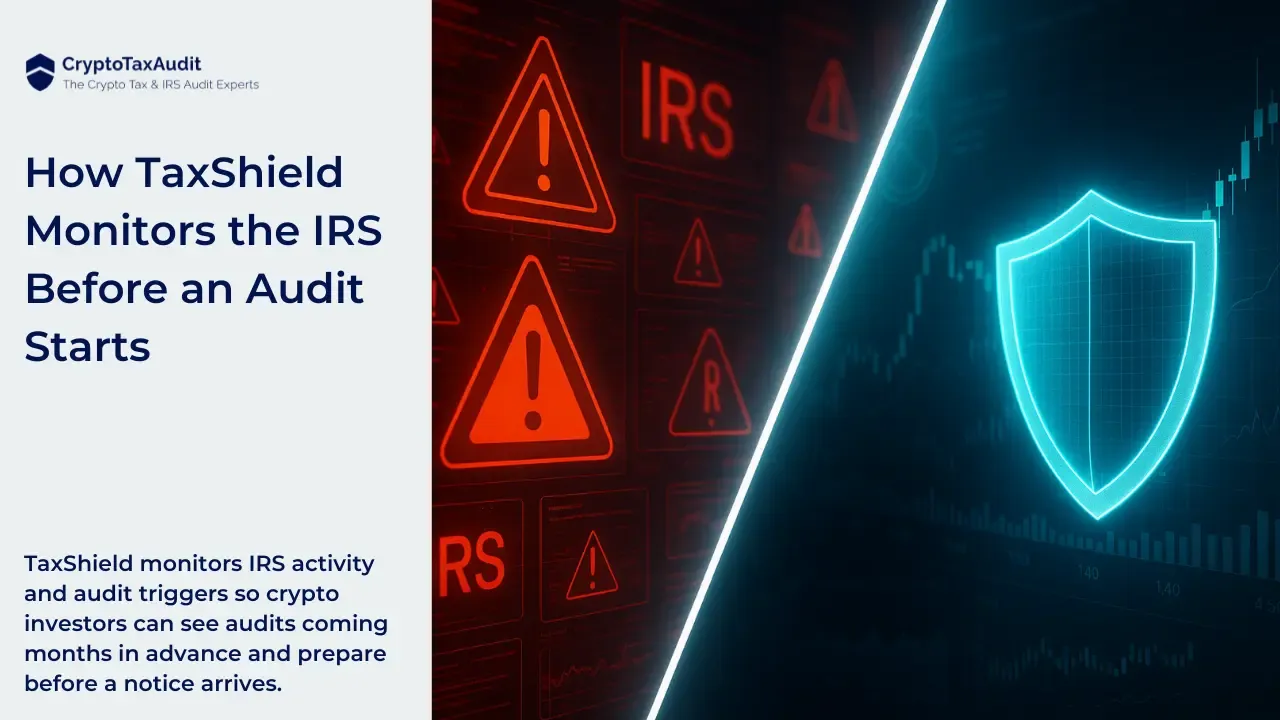
Following the SEC’s approval of Bitcoin ETFs this past January, the finance sector saw the arrival of 11 new Bitcoin ETFs. Bitcoin ETFs represent a significant step towards making investing in Bitcoin more accessible to a wide range of investors, from institutional entities to 401(k) plans and traditional investors. These ETFs have come at a time when Bitcoin approaches the halving when rewards for each block of mined Bitcoin will be decreased to 3.125 BTC from the current 6.25 BTC amount. This event will solidify Bitcoin as the most scarce asset in the world - true digital gold. These funds simplify the investment process in Bitcoin through traditional brokers, eliminating the complexities of dealing directly with crypto exchanges and the security concerns of storing digital assets.
Key Advantages of Bitcoin ETFs
Streamlining Access
Bitcoin ETFs offer a straightforward entry point into the cryptocurrency market, particularly appealing to those just beginning their journey in digital asset investment. With a few exceptions, most brokerage firms allow their customers to purchase now Bitcoin ETFs, which are managed by trusted institutions such as Blackrock and Fidelity.
Security and Management Advantages
A significant appeal of Bitcoin ETFs is the reduction in direct management of cryptographic keys, a critical aspect of Bitcoin security. This shift alleviates the concerns about digital asset handling, drawing in investors wary of the security risks associated with direct cryptocurrency ownership. While we know that Bitcoin has a maximum supply of 21M BTC, the actual max may be as low as 16M BTC due to lost Bitcoin. With the Bitcoin ETFs, investors can rely on financial institutions to manage these investments, eliminating the self-custody risk.
Recent on-chain data from CryptoQuant shows a number of dormant Bitcoin addresses sold Bitcoin through OTC deals following the ETF approvals. This suggests that some long-time holders decided to swap their Bitcoin for Bitcoin ETFs to reduce security risks.
Simplified Tax Process
The ETF structure brings clarity and simplicity to the tax reporting process. While the Treasury and IRS are working on providing final regulations that will require every crypto broker to provide a tax form, a 1099-DA, this is still a couple of years away, and even then, there will be a transition period during which many incorrect forms will be issued due to transfers. By investing in the Bitcoin ETFs, brokers will handle the issuance of Forms 1099-B for taxable transactions, no different than for any other investments held at these brokers. This will simplify the tax reporting and preparation for investors, removing a huge barrier of entry where crypto investors today must calculate their own taxable gains and losses.
Drawbacks of Bitcoin ETFs
Management Fees
Understanding the fee structures is vital, as these fees can affect the total returns from these investments. Many of the new Bitcoin ETFs have fees ranging between 0.20% to 0.25% with some promotional periods; for example, IBIT’s fee will only be 0.12% for the first twelve months, while FBTC is waiving fees until August 2024. These fees are substantially lower than Grayscale Bitcoin Trust (GBTC), which converted from a trust to an ETF, but even Grayscale has filed to register a new mini version with lower fees.
Indirect Bitcoin Exposure
These ETFs provide exposure to Bitcoin prices, but it's important to recognize that this is an indirect investment. While investing in the Bitcoin ETFs will provide investors with exposure to Bitcoin price increases, this does go against the ethos of crypto - not your keys, not your crypto. In the unlikely scenario that the US financial markets collapse, those holding Bitcoin directly will sleep better than those relying on financial institutions to get their funds back.
Market Sensitivity
Like any traded securities, Bitcoin ETFs are not immune to market volatility. While the ETFs have been on a tear since their approval, and there are many bullish signs for Bitcoin, we must remember that past performance does not guarantee future results. Investors should invest at their own risk and carefully allocate in order to mitigate risk.
Tax Implications of Bitcoin ETFs
As previously discussed, the Bitcoin ETFs simplify the tax reporting process for investors by leaving it up to the brokers to issue forms 1099-B for any gains or losses. While this is fairly straightforward, investors must also consider the tax impact for those who wish to move funds from Bitcoin or another Bitcoin proxy into an ETF.
Investors holding Bitcoin and wishing to sell to simplify their tax reporting or enjoy the higher security and custody offered by the ETFs need to be aware that selling Bitcoin to buy the ETFs is a taxable event. Those old dormant Bitcoin addresses will have to pay a substantial tax bill on the sale of their Bitcoin.
Investors holding GBTC and moving their funds into one of the new ETFs due to the lower management fees will also realize a gain (or loss) when selling their GBTC for cash, so you must be wary of this impact before pulling the trigger. The same is true if you hold another Bitcoin-related equity, such as a Bitcoin mining stock or Microstrategy (MSTR).
Things get more interesting if you exchange GBTC or Bitcoin directly for a Bitcoin ETF without making a cash sale. This is because the ETFs, including GBTC, are treated as grantor trusts for tax purposes. This means that the owner is treated as owning the underlying asset directly. As such, exchanging an ETF (such as GBTC) or even Bitcoin for an ETF is treated as trading Bitcoin for Bitcoin, which is not a taxable transaction.
But what about the wash sale rule? If you have a loss in Bitcoin, an ETF, or another Bitcoin proxy, does the wash sale rule prevent you from claiming this loss if you buy another ETF right after the initial sale? Since the ETFs are treated as grantor trusts, and the wash sale rule does not currently apply to digital assets, investors need not worry about this if selling an ETF (such as GBTC) or Bitcoin at a loss to buy a new ETF. If you sell the stock of a Bitcoin mining company or Microstrategy at a loss, this is not an issue, as the securities would not be considered substantially identical.
The main takeaway is that if you sell any Bitcoin, Bitcoin ETF, or other security for cash in order to buy one of the new ETFs, those are all taxable transactions, and you will have to report your gain or loss on this sale.
The transition to Bitcoin ETFs presents no tax concerns for anyone holding GBTC or other Bitcoin-related securities in a retirement account. No different than selling any other asset within an IRA or self-directed 401k, none of these sales would be taxable upon selling.
Our Insights
While the Bitcoin ETFs make allocating to Bitcoin significantly easier due to being able to buy through traditional brokers, higher security, and easier tax reporting, investors need to be aware that it is not quite the same as directly owning Bitcoin. You must evaluate the advantages and disadvantages and decide what is right for you, which may be a combination of owning direct Bitcoin and an ETF. Whatever your decision is, CryptoTaxAudit can help you evaluate and report your tax situation properly.
Reach out to us if you have any questions about your specific situation.





